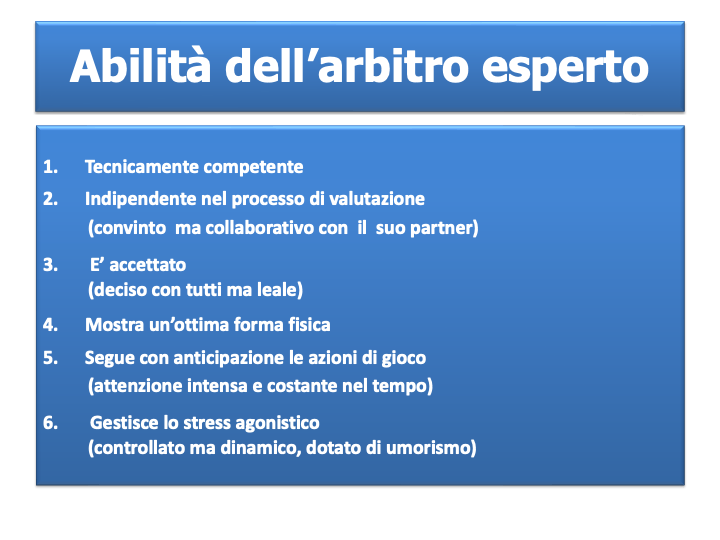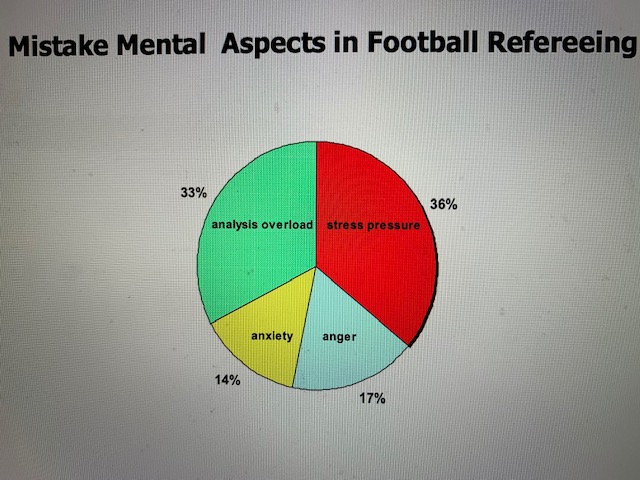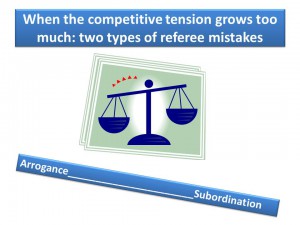It is being referred to as a historic turning point in the world of Italian soccer officiating, with the appointment of Daniele Doveri, a referee from the Rome region, to officiate the Roma vs. Verona match.
This definitively breaks the rule that an official could not referee the team from the city where they live and work.The preference for a soccer referee who does not come from the same city as the teams they officiate is primarily linked to two main reasons:
Presumed neutrality: Referees must be impartial and neutral in making decisions during a soccer match. However, geographical ties to a city or team could raise potential concerns about the referee’s neutrality. If a referee hails from the same city as one of the teams on the field, there may be concerns that they could be influenced by external pressures or have a predisposition in favor of the team from their hometown. To ensure a greater perception of neutrality, many prefer referees from other regions or cities.
Avoiding conflicts of interest: Referees must avoid any conflicts of interest that could compromise the integrity of the game. If a referee is tied to a team or city, suspicions of favoritism or bias in their decisions may arise. To avoid such situations and ensure that matches are judged impartially, it is often preferred to assign referees with no geographical or personal ties to the involved teams.
However, it is important to note that there are significant arguments supporting the idea that the experience and competence of a referee should be the most important factors in their selection, regardless of their geographical origin:
Professionalism and preparation: The referee must be a highly prepared professional with a deep understanding of the rules of the game, match management, and the ability to make quick and accurate decisions. Technical competence is crucial to ensuring fair and trouble-free matches.
Consistency: An experienced referee tends to be more consistent in their decisions. This is important for players and coaches who want to know what to expect from a referee in terms of rule enforcement. Consistency in officiating contributes to a fairer playing environment.
Emotional maturity: Experienced referees often have better emotional maturity and the ability to handle pressure during a match. They are less susceptible to provocations and emotional reactions from players and coaches, which helps maintain control on the field.
Impartial decisions: Neutrality and impartiality are fundamental for a referee. Even if a referee is from the same city as one of the teams, it does not automatically mean they will be biased. Professional referees are obligated to make decisions based on the rules and not personal preferences.
Continuous training: Experienced referees often undergo continuous training to stay updated on rules and best refereeing practices. This helps maintain and improve their skills over time.
Objective evaluation: Referees are evaluated based on their on-field performance. This evaluation should be based on their skills and abilities, not their geographical origin. This ensures that only the most competent referees are assigned to the most important matches.
Soccer development: For the development and growth of soccer in a particular area, it is important to promote and develop competent local referees. However, these referees should be selected based on their skills and not solely on their geographical origin.
In summary, the experience and competence of the referee are crucial for the quality of soccer matches and the perception of fairness in the game. If a referee can demonstrate these qualities, their geographical origin should not be a determining factor in their selection to officiate matches.
Certainly, officiating one’s hometown team is just an additional source of pressure, alongside the other challenges of refereeing. As always, and fortunately, it depends on the human being, regardless of the role, to effectively manage these situations. The important thing is not to behave like those parents who treat their own children worse in order not to appear biased in the eyes of others.









